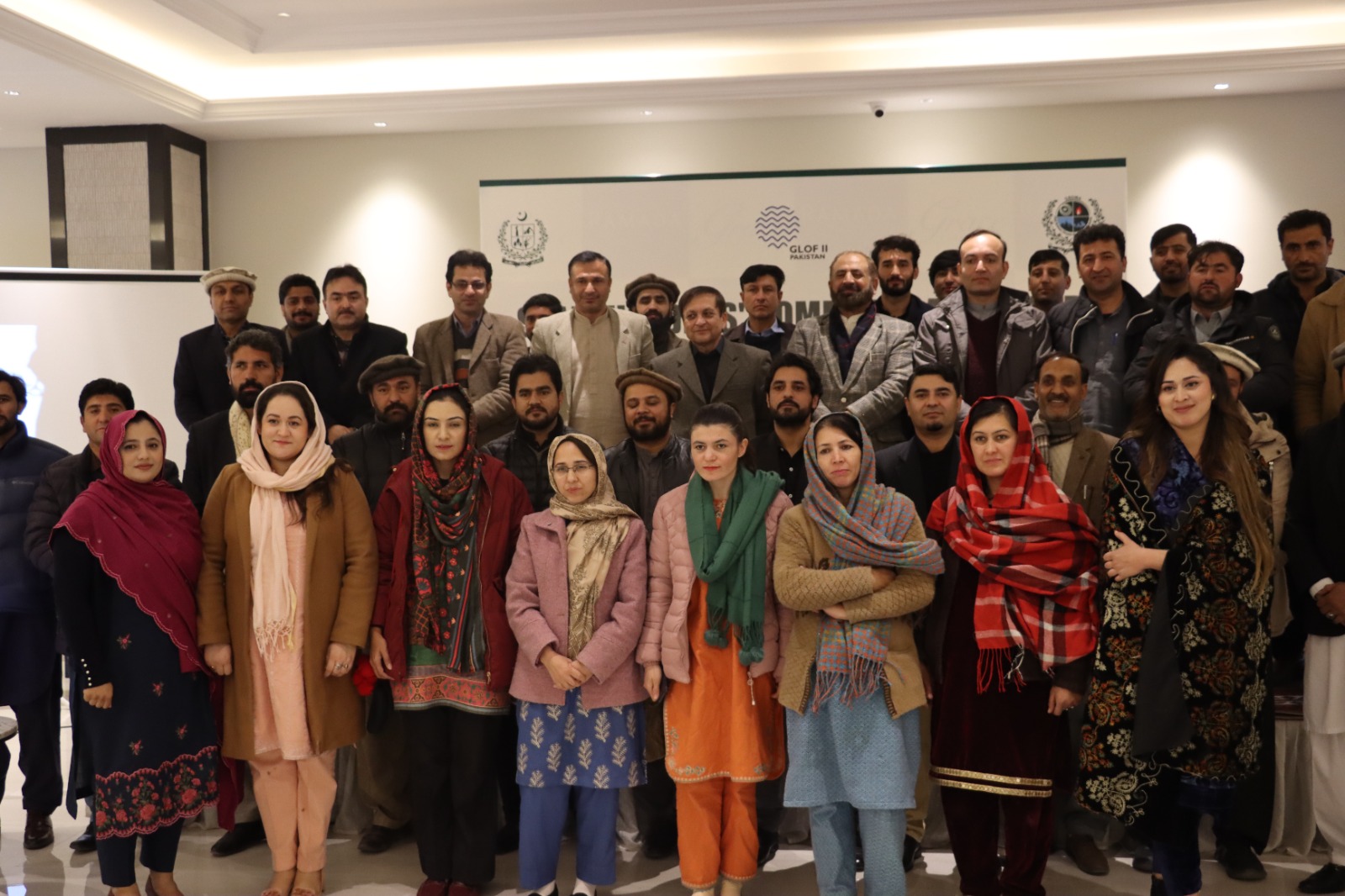Syed Arif Hussain (PhD Scholar KIU Gilgit)
The people of Gilgit-Baltistan especially the farmer community is subjected to lack of Bio-safety and risk management and the concerned quarters are turning their blind eye to this unchecked and fast growing health risk. Being bestowed by the fertile land, people of this region enjoy wide verity of agriculture products but the health and hygiene system has always been a stumbling block in the way of their socioeconomic progress. In Gilgit-Baltistan there are some remote regions where agriculture land owner or famers still use traditional Pits (Dasi chukan) and it’s content as organic fertilizer while most of the farmers use animal manure especially cow dung as organic fertilizer without practicing scientific ways and principles to kill the harmful microorganisms present in this organic fertilizer. Even with the advent of toilet system for defecation many people have been using semisolid material or solution of safety tanks to their agriculture fields which is nothing short of serious risk not only to human health but also posing directed threat to our entire environment. Based on the cultural differences, mosaic society and climatic variations the inhabitants of area have adopted different methods of agriculture practices and use pit latrine content (containing human feces) and animal manure according to traditional practices due its best fertilizing effect on agriculture land. While in remote areas of Gilgit-Baltistan people also use cattle sheds, byres and open fields for defecation and collect the organic manure for its later use in agriculture field. This practice of using organic manure does not only occur in underdeveloped countries or underprivileged societies, even in some advance countries like china, Denmark, Finland, Norway and many other countries practice and recommend the use of organic fertilizer rather than chemical fertilizer in agriculture field if it’s hygienic standard is guaranteed. The scientific studies on the application of human excreta as organic manure and animal feces or waste material such as cow dung has been highly encouraged due to it’s environment friendly peculiarity as compared to inorganic fertilizer but unfortunately the practices adapted for degrading or decomposing process of organic fertilizers to minimize their detrimental effect on human health and to the environment are not in accordance with scientific ways and principles. Hence this apathy or lack of awareness is not only posing serious threats to farmer community who handle this organic manure without taking precautionary measure to apply it on their agriculture land but also to the general masses who consume all forms of crops, especially partially cooked vegetable or ready to eat vegetables (salad, onion, tomato, mint etc) grown by adding this fertilizer without following the scientific guidelines. Therefore this poorly processed, content or material of pit latrine and animal waste as fertilizer (organic manure) is a potential source of spreading many diseases because most of the intestinal parasites ( Ascaris lumbricoides, Giardia lamblia, cryptosporidium etc) and pathogenic bacteria (E.coli, Salmonella, shiegella etc) have not been killed and ultimately will have fecal oral route of transmission. The risk from pathogens is greatly reduced when manure is composted correctly.The living pathogens from these poorly processed fertilizers also make their entry into the normal drinking water after being leeched into the streams, wells or down the ground water tanks. In this way many diseases in humans can been transmitted from animals and may have serious consequences if this issue is not timely addressed. To ensure that pathogens have been killed, the compost pile must reach a high temperature (between 131°F and 140°F) for a sustained period of time (several weeks). This temperature can be attained by many different ways such as covering the organic manure with a special plastic from all side and keep it for certain period of times. The compost must also be turned regularly and carefully monitored so that all of the manure has been exposed to sufficient temperatures. If this organic fertilizer is used it must be ensured that it is properly degraded and is free with the pathogenic microorganisms and fertility of soil is not negatively affected in long term prospective. This information is vital to be conveyed to the people of areas who are ignorant to the serious implications of this issue. Another strategy for destroying pathogens is pasteurization. Some commercial poultry manure products are processed in this way. Pathogens, begin to die once incorporated into garden soil, and research has shown that incorporating manure at least 120 days before harvest greatly reduces risks of food borne illness. If the farmers are made familiar about the scientific handing and management of this animal manure with proper composting through seminars, awareness programs on local Television and radio channels, this fecal oral pathway (cycle) of these pathogens can be stopped. This will in the long run save the health, economy of the inhabitants of Gilgit-Baltistan and ecosystem at large. Now the onus rests on government and other concerned departments to educate people and make them familiar about the proper procedure, so that the health of innocent people of this region could be saved. Being a research student and son of soil I humbly appeal to the Government that serious heed must be paid to ensure the bio-safety and risk management of people where this practice is common and people must be taught about personal hygiene ethics through health education. The situation will turn from bad to the worse if it is not addressed in time and in the near future more admissions in hospitals will be seen than in educational institutes.
Academic distinctions: Silver Medalist

 Daily Mountain Gilgit Baltistan News Website News website of Daily Mountain Gilgit Baltistan
Daily Mountain Gilgit Baltistan News Website News website of Daily Mountain Gilgit Baltistan



